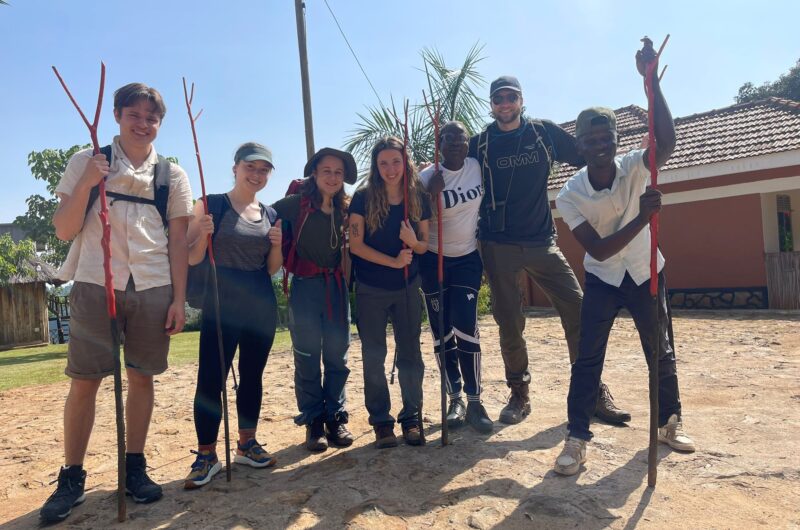Medical student Emma Guenther undertook an ethical elective in Kampala, where her project auditing antibiotic use in C-section patients could improve prescribing practices that will help drive down antimicrobial resistance.
“I was eager to get experience in a new country and healthcare system, to compare it to the UK, while also being able to have an impact (however small), to help to work towards larger scale changes and improvements in healthcare in low- and middle-income (LMIC) countries.
I joined the Working to Improve Maternal and Neonatal Health project, part of the Cambridge-Kampala Health Partnership. The project aims to reduce rates of maternal mortality, which is four times the WHO global target rate in Uganda, by developing maternity healthcare guidelines, supporting the implementation of these, and working collaboratively with colleagues in Kampala to train and educate staff
A second, closely linked strand of the project is focused on strengthening clinical, laboratory and diagnostic capability to increase understanding of antimicrobial resistance, as well as improving prescribing practices to combat antimicrobial resistance.
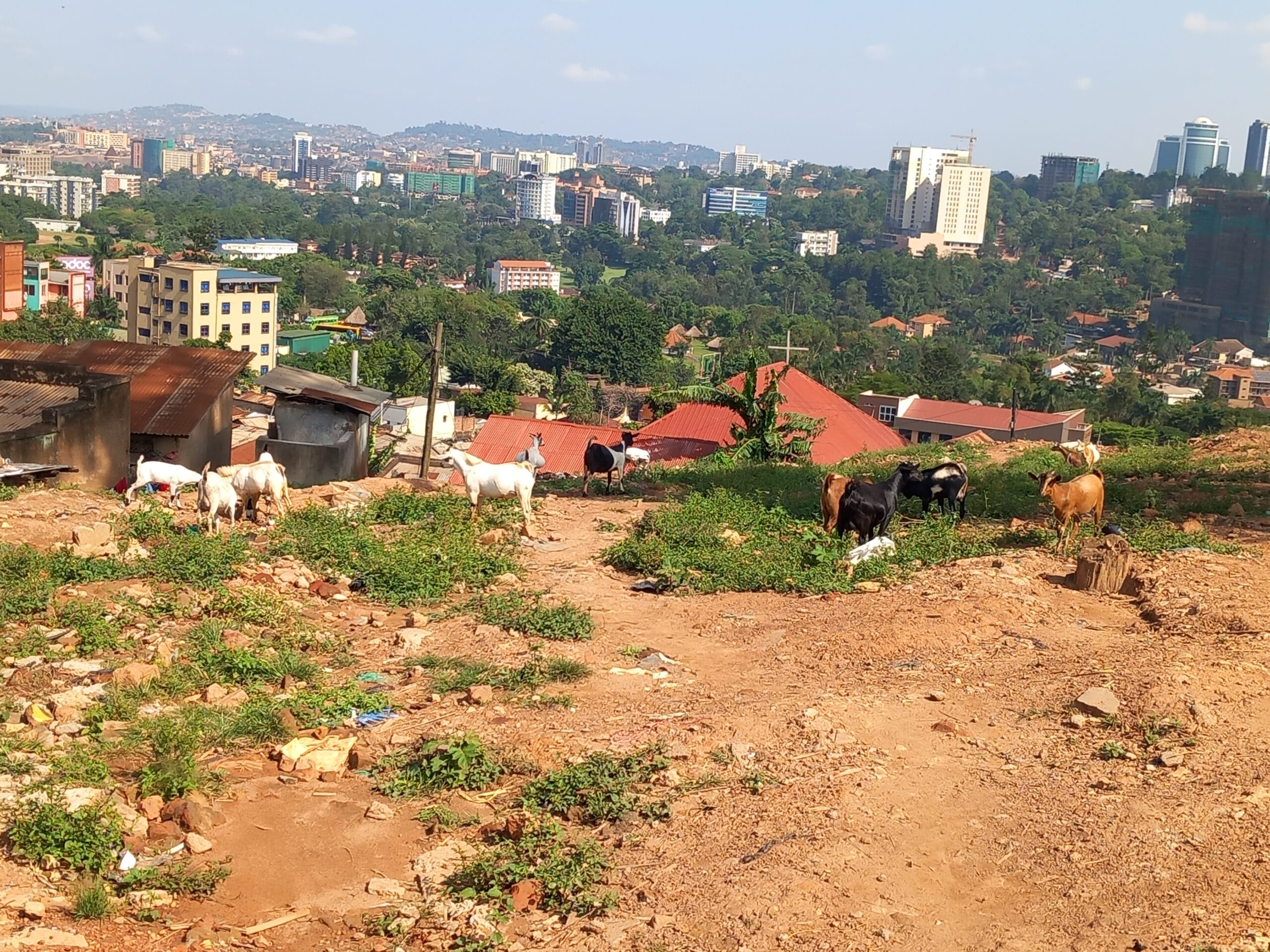
My contribution
I carried out an audit of antibiotic use on the postnatal ward at Kawempe National Referral Hospital, where I documented the drug, doses, route and frequency of antibiotics prescribed to C-section patients. I also looked at the indications for C-sections and any complications experienced. I compared this to the WHO guidelines and made recommendations for how antibiotic prescribing could be improved.
My time was a valuable contribution: the hospital is very busy and doctors on the ward would not normally have the time to investigate antibiotic use and how it could be improved. I was able to look through patient records and make recommendations for improvement. I could also bring my knowledge of C-section antibiotic prescribing in UK hospitals, which generally adheres more closely to WHO guidelines, and is therefore more optimised to fight antibiotic resistance.
My visit to Uganda and contribution the project has been a very rewarding experience: although my contribution was small, I could still make a difference. It’s also very eye-opening to get experience in healthcare in a LMIC, and to compare it to the UK healthcare system.
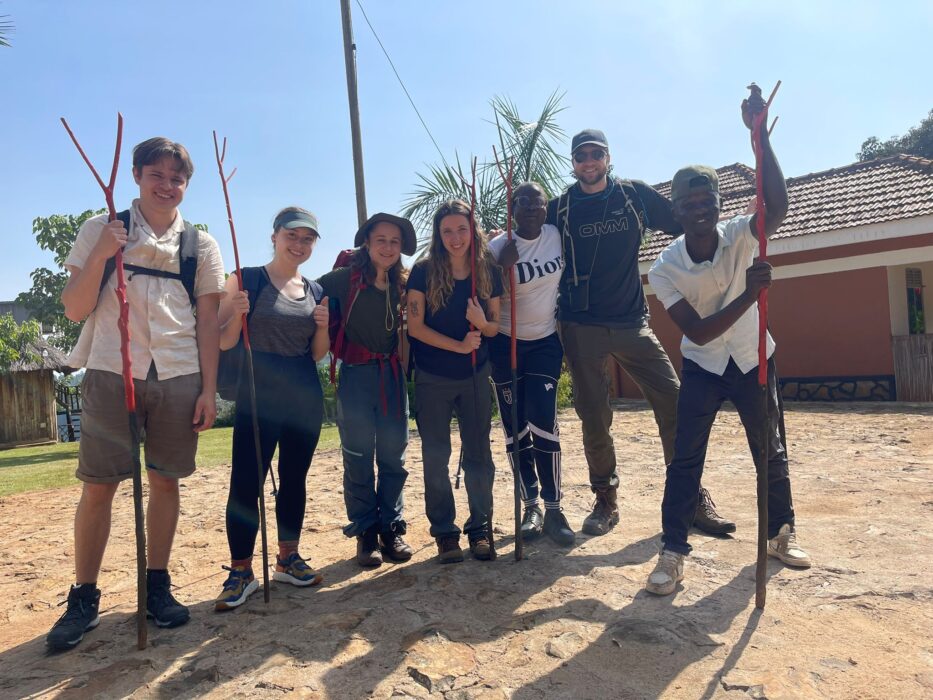
Challenges and rewards
Getting used to the new environment was challenging. On my first ward round I felt quite faint, as I was not used to seeing such infected C-section scars, combined with the heat and smells of the ward, and nerves in a new environment. However, everyone was very friendly and supportive and looked after me until I felt better.
Logistically, sometimes things moved at a slower pace, and the internet connection was often unstable, so it could be difficult to complete things in the time that I wanted to and had to adapt to find a relatively quiet space, in which to collect data and work on the project.
I also found it challenging to see many more patients that were very unwell, and some of them unable to afford the investigations and treatments that could help them. It made me appreciate the privilege we have with free care in the NHS, and more motivated to work with more global health projects in the future.
It was rewarding when I had gathered all the data and completed the project and could make some suggestions for improvement that could be beneficial to the hospital in the long term. It was also rewarding to assist in a C-section, as I had not had the opportunity to do this in the UK before and improve my surgical skills.
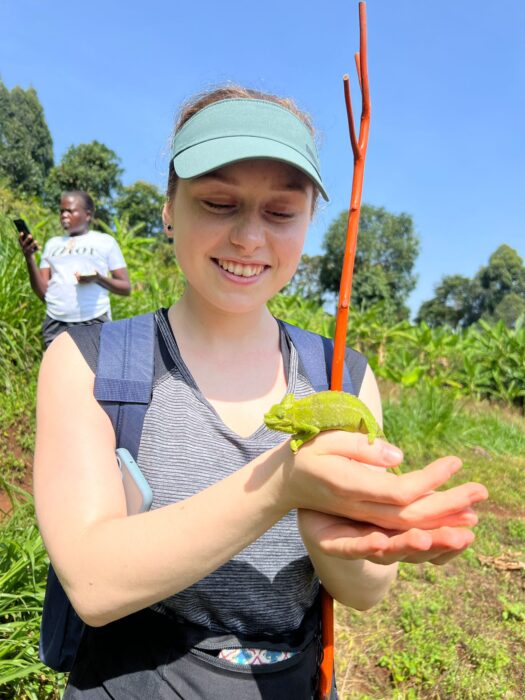
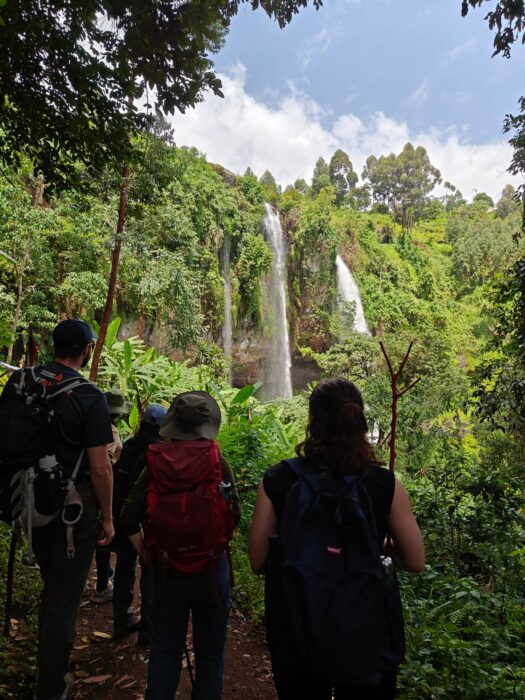
Personal and professional development
The experience helped me to gain confidence, as I had to be assertive in organising the project, including getting access to the hospital system, introducing myself and liaising with relevant individuals at the hospital. I was able to build connections with several people that could be helpful for future projects and visits to Uganda. I gained an insight into a new country and culture.
Professionally I have gained more research experience, including planning and organising a project, and writing a manuscript. I also have experienced a new healthcare system and learned how the healthcare professionals adapt in low resource settings. I was able to improve my knowledge of the treatment of infectious diseases, management of patients in labour, and the C-section procedure. I could also practise practical skills such as IV drug administration, pregnant abdomen and vaginal examinations.
Having the opportunity to assist in C-sections was a very valuable and memorable experience, as I had not been able to do this in the UK before. I felt I could improve my confidence and surgical skills in the process and will feel more confident getting involved in theatres in future. It was very rewarding to help deliver a baby safely and understand more about the procedure in depth.
Impact of the project
My research has contributed to ongoing antimicrobial stewardship and maternal and neonatal health projects that aim to improve antibiotic prescribing in Mulago and Kawempe hospitals. My findings have shown that Kawempe Hospital currently does not adhere to WHO guidelines, which could be a significant burden on time, money and resources for the hospital. I hope that my research and recommendations can help to set in motion changes that could have a positive impact by freeing up hospital resources, as well as tackling antimicrobial resistance.
Back in the UK, I hope that my research encourages others to become involved in the project, which can help to keep the partnership running, and maintain the continued exchange of ideas. This could also encourage changes and improvement to practice in the UK.
I would like to return to Uganda in the future to perhaps contribute further to the CGHP-supported project. I would also be interested in visiting a more rural part of the country, to see how the rural health centres are set up.”
Find out more about ethical elective opportunities with CGHP’s partnership programmes, or contact us at info@cghp.org.uk
Return to blogs

